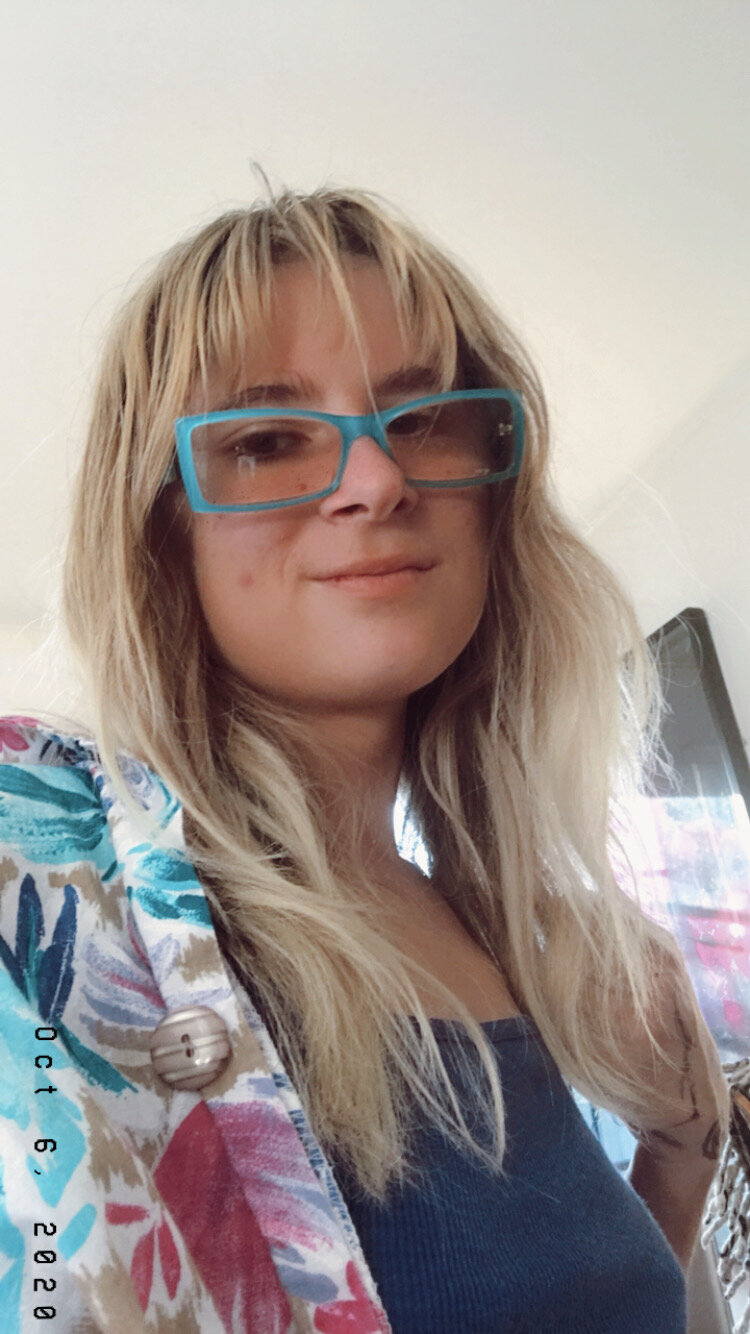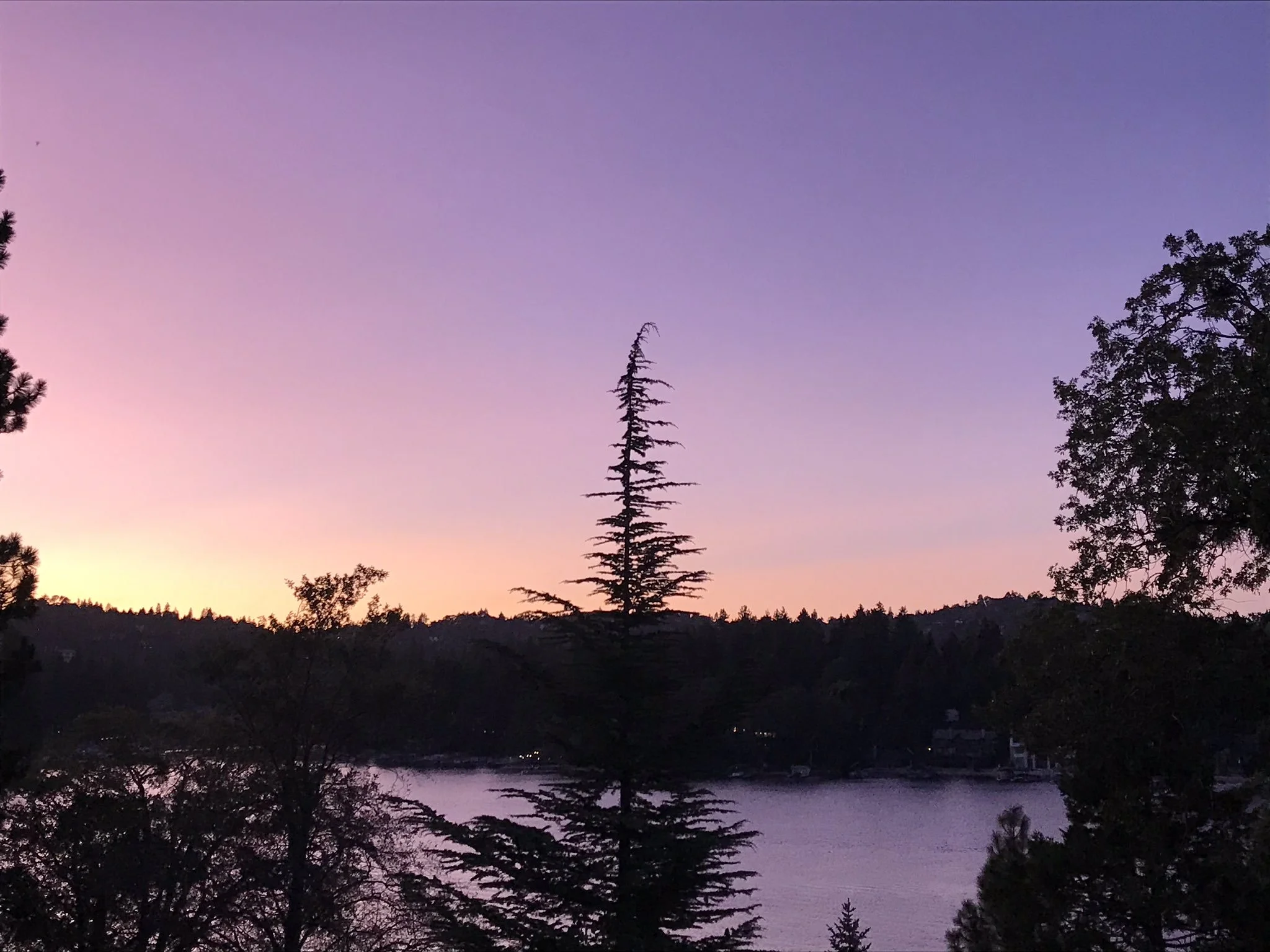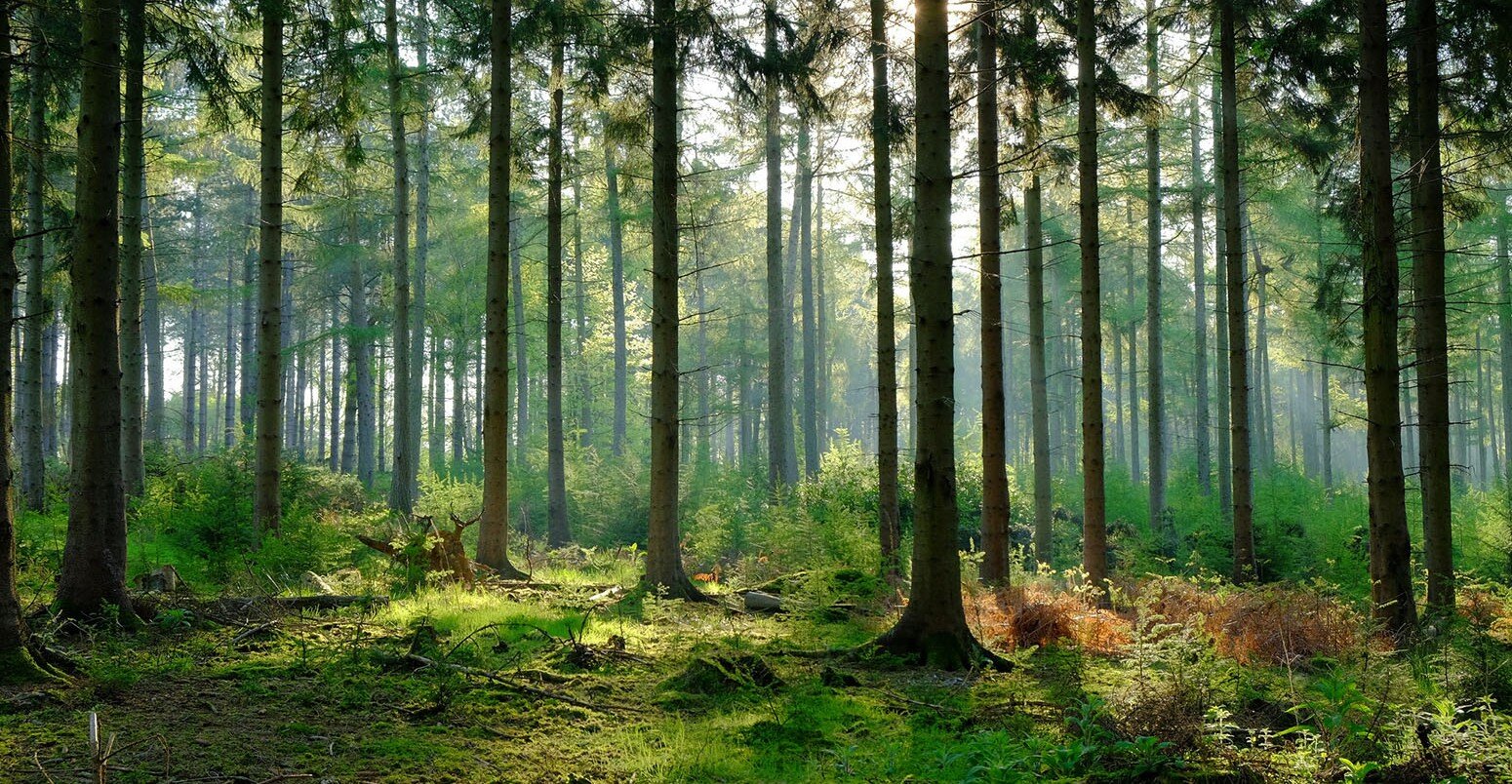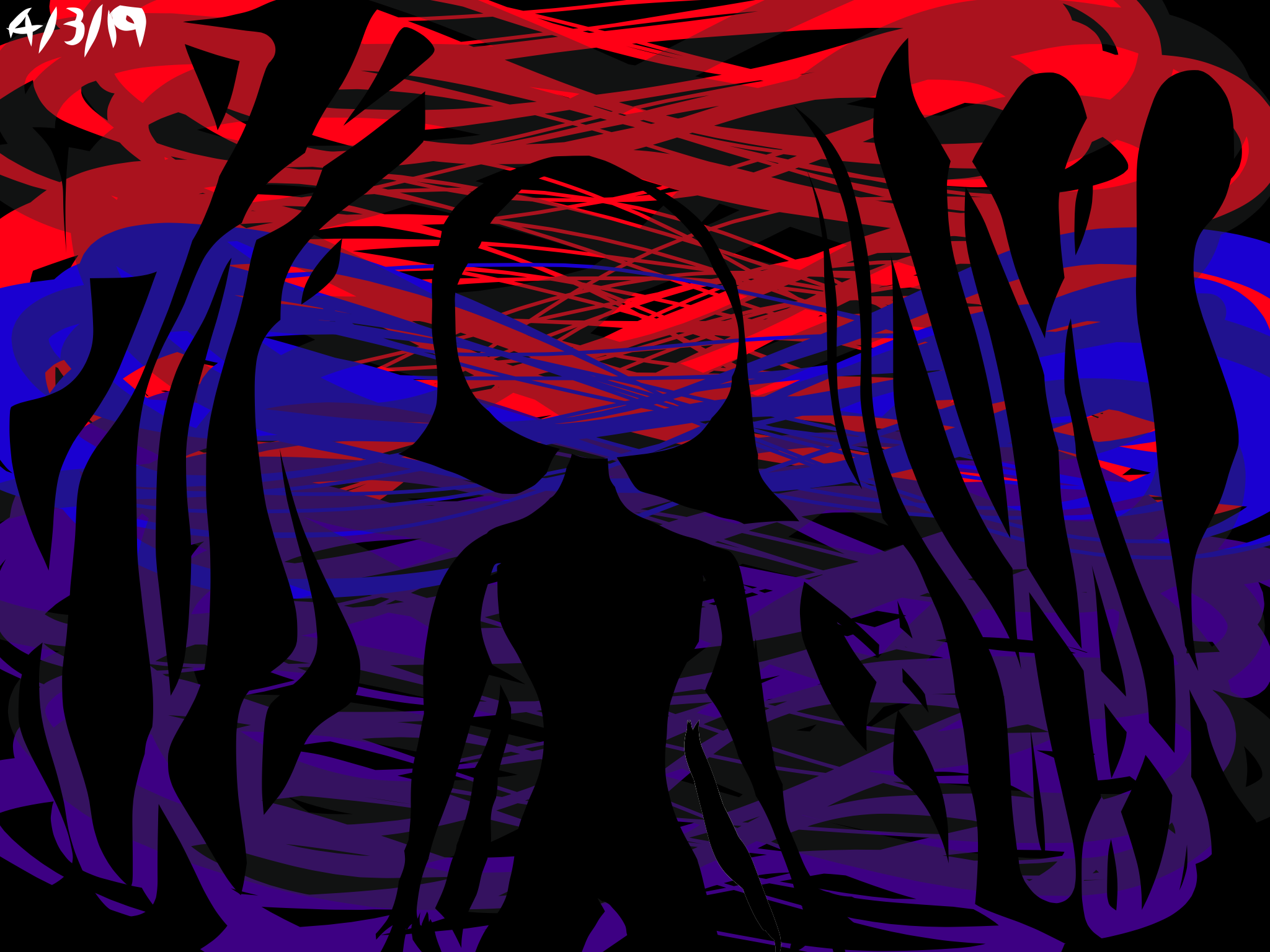It's Time To Follow The Path of the Old Gods.
There is a quote attributed to Carl Sagan that goes, “We [humanity] are a way for the universe to know itself.”
I suppose it simply means that we are a part of the universe, no more special nor more insignificant than any other part, that has somehow been gifted with the capacity to perceive and study itself. An atomic scientist is basically a group of atoms researching and forming hypotheses on more atoms. We build huge fortresses full of knowledge, and have recently started putting knowledge into online databases for preservation and even better access, and on the whole, we seek to keep learning, and to continue sharing what we know with others.
We are a species of acquiring knowledge. We are also a species of patterns, and some of us are better at spotting certain patterns than others - but all of us are creatures of habit. Feedback loops, occurrences wherein the output of a given system is routed back as input, do not only show up in chemistry and geology, but also in human behavior. We settle into a system that works for what we find comfortable in the moment, and then generally speaking, details nonwithstanding, we do the same things every day until we die (or we have a midlife crisis). Even if the system, the pattern we’re in, ends up being detrimental to us, we can still have a very difficult time getting out of it, despite us knowing rationally, on a surface level, that it’s wrong. This is true of both abusive relationships, and the interrelation between oppressive governments and “quiet rebels.” We can believe something with all of our hearts, and still not follow through. Until we really, truly snap out of it, we’re stuck.
We are long overdue for humanity’s collective midlife crisis.
One of the most integral questions of this fight - the fight to mitigate climate change and the collapse of biodiversity - is whether humanity will change our ways in time. Stubbornness seems to be woven into our nature. While this is undoubtedly true, change is in our biology as well - change is in the biology and chemistry of all things. Another group of species once made the transformation from enemy to ally, one even more deep-rooted in its biological patterns than our own.
We think of trees as ancient forces of good: necessary, healthy for the environment - and while this is true now and has been for millions of years, this wasn’t always the case.
Trees were once a brutal enemy to all other life on the planet.
Yes, trees.
Around 370 million years ago, trees - along with other early land plants - caused a mass extinction.
Sometime during the Middle Devonian, trees were born, and quickly became the fastest spreading large vascular land plant. Not long after (not long, in geological time, that is), marine animals began dying off. The most current theory is that marine anoxia occured, fueled by erosion caused by deep-rooted shore-dwelling trees.
After the ocean becomes void of life, nearly everything else biological follows it to the grave.
If you saw geologic time pass as the earth does, you would’ve seen thousands of millions of arboreal organisms, parasitic to the ocean’s oxygen, that transformed the land and stole resources spread across the world in hours, somehow invading their own home, straining the world as the biomes slowly collapsed.
Does this sound familiar?
We are currently on a journey eerily similar to the giants we call our friends today. And when I speak of change, I’m not thinking of small, personal change. I’m thinking of modifying for the better the way we think about nature and live within it - that has to be global. If that scares you, you’re not alone - I too fear the massive unknown beyond breaking out of a global, seemingly timeless pattern. But I have good news, and it’s that we have tools at our disposal; behaviors that we can use to help better ourselves.
Humanity is a messy bundle of apparent contradictions. For instance - we love to follow the leader, and we love to be the hero. Again, I speak generally. Both the desire to “follow the crowd” and the desire to “be the hero” are looked at as weaknesses. I used to see it that way, I used to view it as being one of the “sheeple,” and feeding your ego, respectively. I now feel the need to dispel the myth that either is a weakness. Not only are they complimentary desires, but if honored and taken together, the results can be a force for good.
When I say we love to follow the leader, what I mean is, even if the leader is a goal, or a machine, not a person, people tend to look out for someone or something - a designated expert, or guide, or symbol - whom they can rely on, and be influenced by. We follow patterns due to internal need, and that is why external trends are successful, from the longlasting, like beauty standards, traditional social values, or the basic technology we use, to what we normally think of as trends, like what we feel inspired to wear, or what drink we’re going to buy for a party. This is why advertising works on us so well, we hate it when it’s obvious because we prize the feeling of control, but we are just waiting for someone, a Grand, Superior Someone, to gently point us in the right direction. I believe that this is, at least in part, why we do religion - because we are trying to find support, and feel like our decisions are being backed up and validated.
And somehow, despite this - or perhaps because of it - we have an attachment to being the hero. Not necessarily being the leader, but feeling and seeing the impact of our own power. Our fiction stories are built around us being able to empathize with the hero, because The Hero, capitalized, represents, in storytelling, our own individual capacity to grow. The fiction readers, watchers, and writers among us have an undeniable urge to exaggerate our own battles, however mundane they may be, into fantastical tales of spies on missions, and pirates journeying across open seas actively looking for adventure, and soldiers in wars between mutants and clones. Even beyond childhood (just admit it), we seek to manifest a truth that we are fighting, and winning. Even those who do not enjoy fiction like to see themselves in accounts of successful entrepreneurs and thinkers - or at least, they like to see the more “human” side of such people. We are driven by attaching our ego to our actions, and feeling specifically powerful, not just as a we, but as a “me.”
Surprisingly, these two behavioral phenomena are interconnected. They’re like night and day - they are thought of as opposites, but are actually complimentary.
If you think that following patterns, or rather, following patterns volunteered by others, is inherently wrong, and that it is automatically a fuel for complacency, I must ask you to imagine being guided towards getting “stuck” in a good habit.
If you think that being the hero, or at least feeling like the hero, is only for egotists, and that it will set the movement back to take climate justice personally, I will share with you the dictionary definition of the word “champion:” it means “a person who fights or argues for a cause or on behalf of someone else.” It is okay to want others to notice how hard you are trying. What is not okay is to make the feeling of support worth more to you than a better world.
The desire to follow the crowd, or to be supported by the crowd, can be boiled down to a desire to feel loved, supported, and validated, and likewise, the desire to be the hero can be taken as a deeper desire to feel personally empowered.
What happens if we do begin to honor those desires? Those behaviors that we’ve been thinking of as weaknesses, indeed the behaviors that many a misanthrope feels urged to critique, become catalysts for activation of power.
Biologically speaking, this is how unique strengths spread throughout species’. One organism is born with a mutation, and they are looked at as out of the ordinary, an outcast, doomed to fail because they are not “with the crowd.” But then more organisms adopt the mutation, and it is revealed they are better suited for their environment. As the mutation spreads, it becomes the new normal for a more enduring species. How do you think trees “changed their habits”? They evolved.
Metaphorically speaking, trees are now old gods, watching over us as we follow a path of darkness and violence similar to the one they walked long ago.
It is a commonly known fact that trees are not even sentient - or, at least, not in the same way we are (read The Hidden Life of Trees by Peter Wohlleben, please).
And they got better, didn’t they?
They mutated their own nature to bring balance and relative peace back to the world.
Trees. Trees did this.
We can mutate for the good of the world too. We’re getting there. It’s been slow, but the momentum is building. I can feel it.
My power is feeling change. I can feel the subtle changes in relationships. I am sensitive to change in temperature - and mood. And with certain weather, on days that are brightly sunny, but cold, and breezy, I can sense change on the air.
Ever since September 20th, I’ve known. Something big is coming. Or, in contrast to September 20th’s and 27th’s global climate strikes, I should say, “even bigger.”
We are well on our way to the massive unknown beyond breaking out of a global, seemingly timeless pattern. It’s terrifying to think about paradigm shift level change - which is exactly what we need. To set up new systems, you first disable old ones. You don’t want to lose access to food, water, medication, whatever it is you might need that has been made readily available by the United States’ capitalism and the world’s trading system.
But think about it this way. Think about if, one day soon, how about tomorrow, we all just decided, all at once, that no matter what happened, we were going to protect and provide for each other. That’s a lot less scary, isn’t it? If no matter what changed, we’d all be safe. And I mean all of us. If we were all leading, if we were all the hero, if instead of idolizing Greta Thunberg, for instance, but not really listening to her, we all shared responsibility and accountability and the burden of inspiring others. We all guided and supported each other. It has been said that individuals are just cogs in a machine, but if that’s true, then as aware as we are, we decide what the larger machine does. Every person joining another to break a pattern amplifies the power. This is how society mutates. This is our mission, this is our adventure, this is our war.
Wherever we stand, we stand together.




